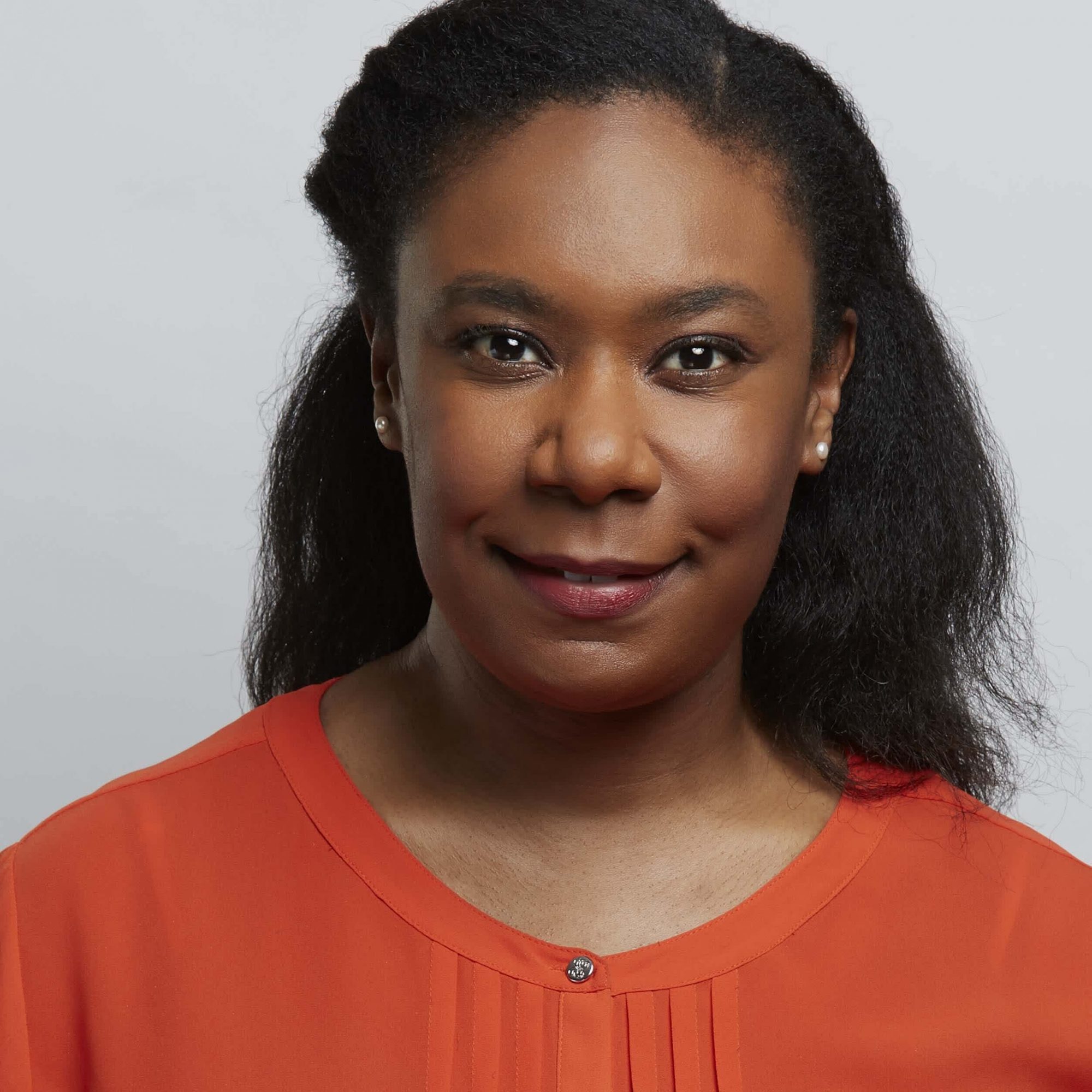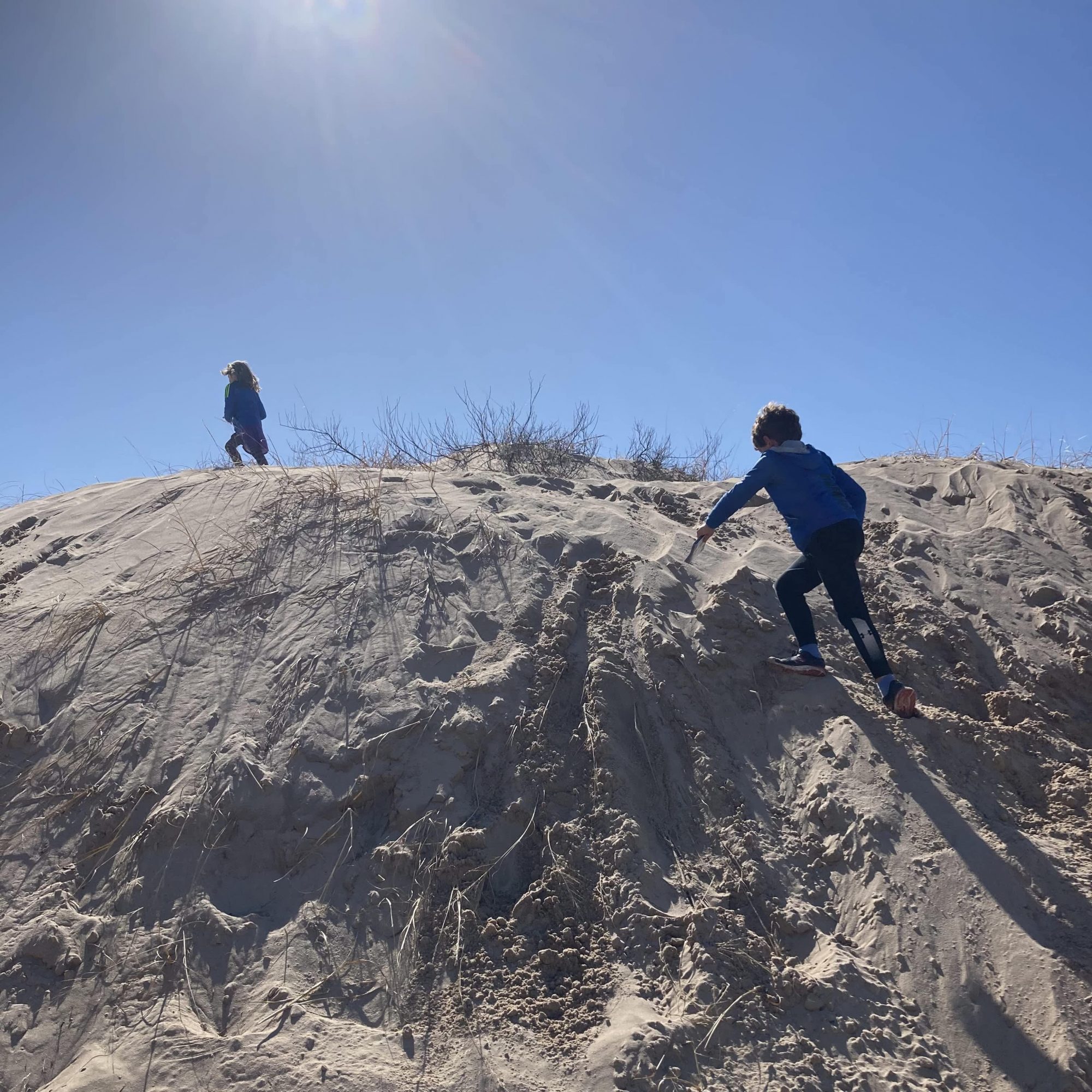
- POPSUGAR Australia
- Family
- Climate Journalist Kendra Pierre-Louis’ Tips on How Kids Can Get Involved in Climate Justice
Climate Journalist Kendra Pierre-Louis’ Tips on How Kids Can Get Involved in Climate Justice

Kendra Pierre-Louis knew she loved the planet, and has spent a lifetime advocating for it. As a climate reporter, she writes daily on topics ranging from climate change to sustainability development, from energy conservation to disaster prep, offering up practical ways we can make a difference in the fight for climate change. Her innovative and relatable approach, makes big topics digestible and accessible through pop culture references such as what movies can teach us about climate change. In her work, Pierre-Louis challenges us to consider not just “buying” our way out of environmental injustice, but inspiring us to act in meaningful ways. We often think of climate change as doom and gloom, but Pierre-Louis is determined to give us hope for the future.
Her book Green-Washed: Why We Can’t Buy Our Way into a Green Planet, sought to debunk organic consumerism as the singular means to environmental protection and sustainability. Now, Pierre-Louis is extending that conversation to climate activism and the importance of beginning this work with children. In an interview with POPSUGAR, Pierre-Louis shared tips on how parents can raise environmentally conscious children as lifelong stewards of Mother Earth. Ahead, check out Louis’ journey and her actionable steps for how parents can empower the next generation of climate justice activists.
POPSUGAR: What was your journey into the climate justice space and how have you navigated that space as a Black woman?
Kendra Pierre-Louis: I was always fascinated with how special the earth was and what we as humans could do to be responsible for it. I was always passionate about environmental issues – I grew up recycling, conserving energy, and finding other small ways to make a difference. This led me on the road to becoming a climate reporter, writing about the environment, science, and the intersection between racial and environmental justice. The field of climate science and atmosphere science tends to skew white and male, and sustainability tends to skew white women, and so I wanted to offer a different voice, perspective, and lived experience to the conversations. Climate change disproportionately impacts communities of color, and as a science journalist, a Black woman is like a unicorn.
PS: What is a challenge in the field of climate activism and reporting?
KPL: Climate reporting is often disempowering to the communities of color that are being reported on. Communities of color are most impacted by climate change; however, that is often not discussed. These communities are under-resourced in their fight for environmental justice for simple things – such as clean air and water. And there is stereotyping in writing, which creates a false narrative suggesting that communities of color aren’t fighting back.
PS: Parents want to know how they can inspire their children to care about the environment. What are some of the ways to introduce climate activism to kids?
KPL: There are plenty of ways to get parents thinking creatively about how to teach kids about big topics in a fun, hands-on approach. You can start by enjoying the beauty of the outside. This can extend to activities outdoors: planting a garden, taking hikes, engaging in outdoor free play, and more. Then, try exposing children to literature that focuses on how to care for the environment. You can combine it together with something as simple as looking at the trees, then researching what trees do for the environment.
PS: What are some hands-on activities that parents can do with their children to encourage climate activism?
KPL: Take your kids out to be a part of events like beach clean-ups and BioBlitzes, where they get to be hands-on with other kids and families who are also passionate about the environment. There are things you can do at home, too, that can become a regular habit, such as conserving energy by turning the lights off. But take it a step further and work with your kids to research why it’s important to save energy. Kids are naturally curious, and this gives them the opportunity to be researchers, taking science into their hands as well doing their part to make a difference.
PS: Why is caring for the environment an important concept for parents to cultivate in their children?
KPL: We need to teach children to be stewards of the environment, where they feel a sense of responsibility to both care and advocate for the planet. We can begin to work early with children so that they grow up advocating for change, not just in their homes but in the communities in which they belong, including their neighborhoods, schools, and more.
PS: Why is it important for parents to get their kids involved in climate justice advocacy? Is thinking about these issues as a teenager or adult too late?
KPL: As someone who didn’t really begin to think deeply about these issues until my late teens, I don’t think that it’s too late as a teenager or an adult. But at the same time, there’s a significant focus on disinformation and misinformation right now, because we are very aware of its damaging consequences – from the Capitol riots, to anti-maskers, to anti-vaccination. Not giving kids this information means leaving out a critical part of how our world works. We want kids, and people generally, to have a reasonably accurate worldview. So when kids learn about these issues, that means they are learning a more accurate perspective of how our world is stitched together . . . which means they will have less to unlearn if they want to become fully engaged adults.
PS: In addition to bringing the issues you have raised to the forefront, what is something you hope to do more of or bring attention to in the future?
KPL: I enjoy speaking to college students and advocating for sustainability on their respective campuses and within their personal lifestyle choices. There is decent work being done, but there is so much more to do. I also look forward to speaking with and encouraging more women to enter the field. Mentorship is important, and I hope I can mentor more Black girls and women in the future. We need more representation of the diverse communities that are reported on and I hope that I can improve on this in the future.
Kendra Pierre-Louis continues to blaze new trails in the field of climate reporting, challenging us to consider our efforts of environmental protection moving beyond the limited scope of natural disasters. This work begins with children, inspiring them to dream big and care for the precious gift of Mother Earth. As Pierre-Louis said, it can start small: “By cultivating a love of outdoors, children will organically appreciate nature – as well as why they have to fight for it.”


